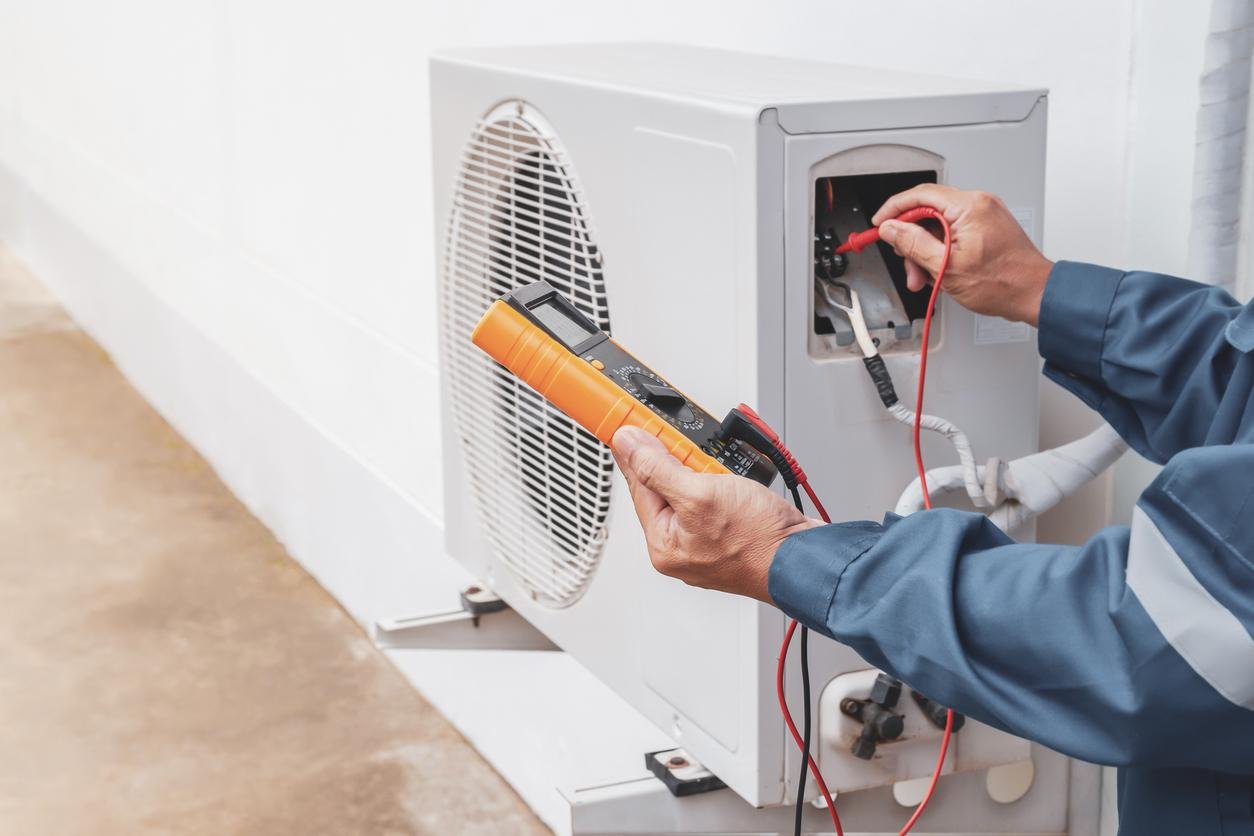When it comes to home comfort, an effective heating, ventilation, and air conditioning (HVAC) system is essential. Homeowners in Denver rely heavily on these systems to maintain comfortable indoor temperatures year-round. However, situations can arise that demand immediate attention, categorizing them as HVAC emergencies. Understanding what constitutes an HVAC emergency is crucial for homeowners to respond appropriately and ensure the safety and comfort of their living spaces.
Generally, an HVAC emergency involves significant malfunctions that can threaten health, safety, or property. These situations require prompt action to avoid further damage or hazardous conditions. Common scenarios that may qualify as HVAC emergencies include complete system failures, gas leaks, or significant water leaks from HVAC units. For instance, a malfunctioning furnace in the middle of winter can lead to dangerously low temperatures indoors, posing health risks, especially for vulnerable individuals such as children or the elderly. Similarly, if an air conditioning system fails during a heatwave, the resulting high indoor temperatures can lead to heat exhaustion or heatstroke. Utilizing professional HVAC home services Denver can ensure timely responses to these emergencies and restore comfort and safety.
Identifying HVAC Emergencies
Identifying HVAC emergencies can sometimes be challenging for homeowners, especially those unfamiliar with their systems. The first step in recognizing an emergency is understanding the signs. For instance, a complete breakdown of the heating or cooling system can occur suddenly, often accompanied by unusual noises or smells. Homeowners should pay close attention to these changes, as they can indicate serious underlying issues.
A critical indicator of an HVAC emergency is the presence of gas leaks. If you smell gas or detect a hissing sound near your furnace or gas lines, evacuate the area immediately and call for professional assistance. Gas leaks can pose significant dangers, including fires or explosions, making this scenario a top priority for emergency response. Additionally, if you notice water pooling around your HVAC unit or in your home, this could indicate a major leak or malfunction, which can lead to water damage and mold growth if not addressed quickly.
Thermostat issues can also qualify as emergencies if they cause a complete failure of the heating or cooling system. If the thermostat is not functioning correctly, it may not signal the HVAC system to turn on, leading to extreme temperatures indoors. Homeowners should be aware that even seemingly minor issues can escalate quickly if left unchecked, which underscores the importance of knowing when to call for help.
Response Strategies for HVAC Emergencies
When faced with an HVAC emergency, responding quickly and efficiently is crucial. The first step is to assess the situation and determine the severity of the problem. If a gas leak is suspected, evacuating the premises and contacting emergency services is essential. Do not attempt to troubleshoot or repair gas leaks on your own, as this can be extremely dangerous.
In cases of water leaks, homeowners should turn off the water supply to prevent further damage and call a professional HVAC technician to assess the situation. If the HVAC system is not functioning correctly, try to determine whether the issue is a minor one, such as a blown fuse or tripped circuit breaker. However, if the system shows signs of significant malfunction, such as strange noises or persistent odors, it is best to call a professional immediately.
Many HVAC companies offer 24/7 emergency services, allowing homeowners to receive assistance at any time, including nights and weekends. Keeping the contact information of a trusted HVAC service provider on hand can facilitate a faster response during emergencies. When calling for help, provide as much information as possible about the situation, including any symptoms your system is displaying, so that technicians can arrive prepared.
Understanding HVAC Emergencies and Their Impact on Home Safety
When it comes to home comfort, a functioning HVAC system is essential for maintaining a safe environment. However, emergencies can arise unexpectedly, causing significant disruptions. Knowing what qualifies as an HVAC emergency can help homeowners take the right steps in a crisis. Common scenarios include complete system failures, gas leaks, and substantial water damage. Addressing these situations promptly is crucial for safety and comfort.
- Gas leaks can pose immediate threats, necessitating evacuation and professional help.
- Complete system breakdowns can leave homes uncomfortably hot or cold, risking health.
- Recognizing warning signs early can prevent emergencies from escalating further.
Conclusion
HVAC emergencies can arise unexpectedly, and understanding what qualifies as an emergency is essential for maintaining a safe and comfortable home. Homeowners in Denver should remain vigilant for signs of malfunctions, including complete system failures, gas leaks, or water leaks. Recognizing these issues and responding promptly can prevent further damage and ensure the safety of all occupants. For anyone searching for reliable HVAC home services in Denver, having a trusted technician on call can provide peace of mind. Whether dealing with a sudden breakdown or an ongoing issue, addressing HVAC emergencies swiftly is key to preserving home comfort and safety.




